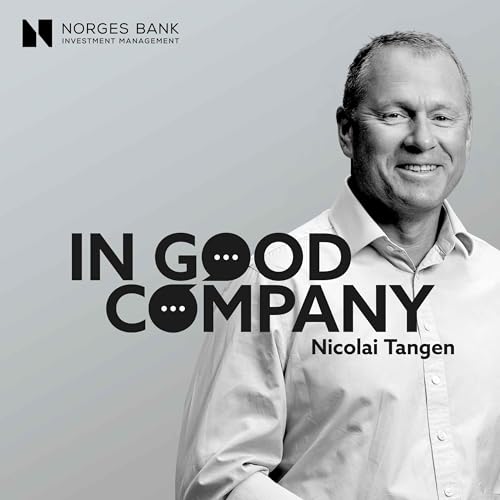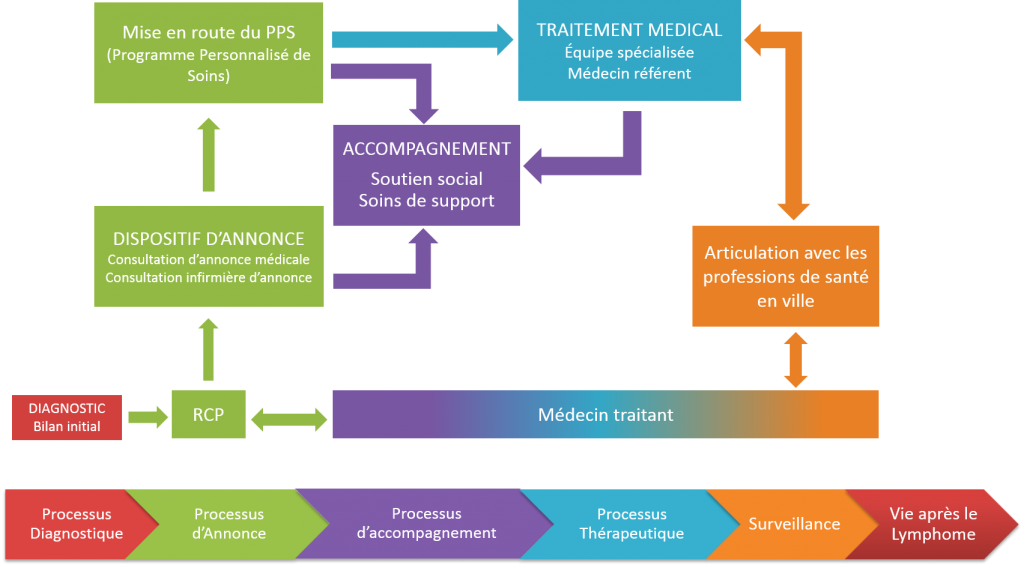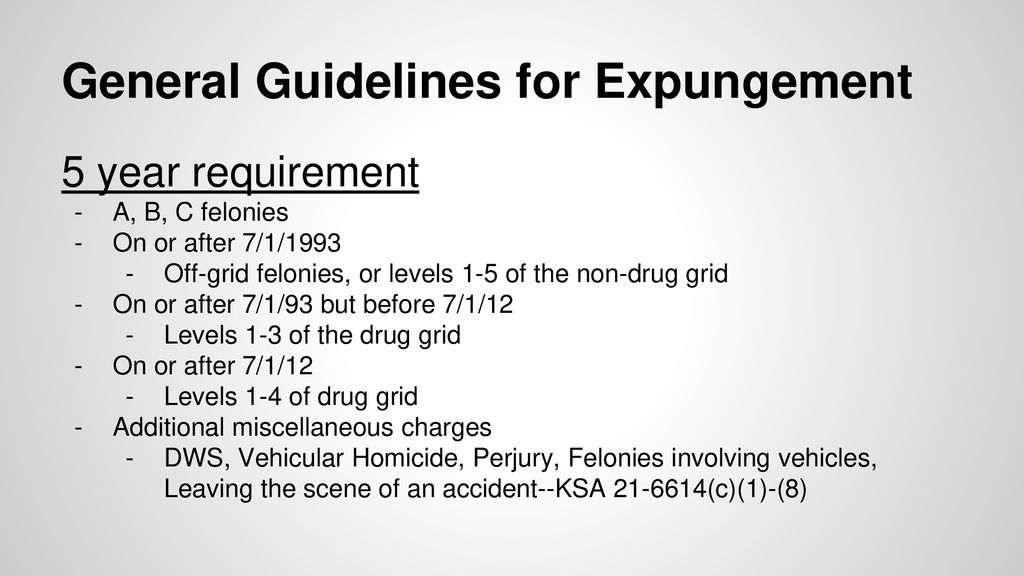The Trump Tariff Challenge: Nicolai Tangen's Investment Strategy

Table of Contents
The Impact of Trump Tariffs on Global Markets
The Trump administration's tariffs, implemented between 2018 and 2020, significantly impacted global trade and investment flows. These protectionist measures aimed to protect American industries but created widespread economic consequences. The tariffs triggered retaliatory measures from other countries, escalating into a complex web of trade disputes.
- Disruption of global supply chains: Tariffs forced companies to rethink their supply chains, leading to increased costs and delays. Businesses scrambled to find alternative sources of goods and materials, impacting production schedules and profitability.
- Increased uncertainty for businesses: The unpredictable nature of the tariff policies created significant uncertainty for businesses, making long-term planning and investment decisions extremely challenging. Companies hesitated to invest in expansion or new projects due to the volatile trade environment.
- Volatility in commodity prices: Tariffs on raw materials and intermediate goods led to significant price fluctuations, impacting various industries reliant on these inputs. This volatility increased the difficulty of accurate financial forecasting and risk management.
- Impact on specific sectors: Certain sectors, such as manufacturing and technology, were disproportionately affected by the tariffs. The automotive industry, for example, experienced disruptions in its global supply chains and faced increased costs.
- Increased inflationary pressures: In some countries, the tariffs contributed to increased inflationary pressures as the cost of imported goods rose. Central banks had to grapple with the challenge of balancing economic growth with inflation control.
Nicolai Tangen's Response to the Tariff Challenge
Nicolai Tangen's response to the Trump tariff challenge was characterized by a focus on long-term investment and strategic diversification. Recognizing the inherent uncertainty in the global trade environment, he prioritized a robust risk management framework and a flexible investment approach.
- Emphasis on long-term investment horizon: NBIM's investment strategy is inherently long-term, allowing it to weather short-term market fluctuations caused by events like trade wars. This long-term view minimizes the impact of short-term market volatility.
- Strategic allocation across various asset classes: Tangen maintained a diversified portfolio across various asset classes, including equities, fixed income, and real estate. This diversification helped mitigate risks associated with any single asset class or sector being disproportionately affected by tariffs.
- Geographic diversification of the NBIM portfolio: NBIM's portfolio is geographically diversified across numerous countries, reducing dependence on any single region. This diversification lessened the impact of regional economic downturns potentially exacerbated by trade disputes.
- Active engagement with companies on ESG (Environmental, Social, and Governance) issues: Tangen's emphasis on ESG factors reflects a broader strategy of sustainable investing, which, although not directly mitigating tariff risks, promotes long-term value creation.
- Use of derivatives for hedging certain risks: NBIM likely employed derivative instruments to hedge against specific risks associated with the tariffs, such as currency fluctuations and commodity price volatility. These hedging strategies helped mitigate potential losses.
Analyzing NBIM's Portfolio Diversification during the Tariff Wars
In response to the tariffs, NBIM likely made adjustments to its portfolio, focusing on shifts in sector allocations and geographical exposures. While the specifics of NBIM's internal portfolio adjustments aren't publicly available in detail, we can infer likely strategic moves based on Tangen's overall strategy.
- Sector-specific adjustments: NBIM may have reduced exposure to sectors heavily impacted by tariffs, such as manufacturing or those reliant on specific import/export relationships affected by trade disputes.
- Increased investment in emerging markets less affected by trade disputes: Emerging markets less directly involved in the US-China trade war might have presented attractive investment opportunities.
- Strategic shifts in regional allocation: NBIM may have shifted its allocation away from regions heavily reliant on US trade towards regions less directly affected by the trade disputes.
- Detailed analysis of specific investment decisions: A deep dive into specific investment decisions made during this period would require access to NBIM’s internal documentation, which isn't publicly available.
Risk Management Strategies Employed by NBIM
Under Tangen's leadership, NBIM employed sophisticated risk management techniques to mitigate the impact of the Trump tariffs. These techniques aimed to proactively identify and manage potential risks.
- Stress testing the portfolio under various tariff scenarios: NBIM likely conducted stress tests to assess the portfolio's resilience under various tariff scenarios, helping identify vulnerabilities and potential losses.
- Implementing robust risk monitoring systems: Continuous monitoring of market conditions and risk exposures was crucial in responding effectively to changes in the trade environment.
- Utilizing quantitative models to assess and manage risk exposures: Sophisticated quantitative models helped assess and quantify the impact of tariffs on different parts of the portfolio.
- Hedging strategies to protect against potential losses: Hedging strategies, such as using derivatives, helped protect against potential losses from currency fluctuations or commodity price volatility.
- Collaboration with external experts to enhance risk assessment: NBIM likely collaborated with external experts in economics and finance to enhance its risk assessment capabilities.
Assessing the Success of Tangen's Investment Strategy
Evaluating the success of Tangen's investment strategy during and after the Trump tariff period requires a comprehensive analysis of both returns and risk-adjusted returns. Access to NBIM's precise portfolio performance data is limited, but public reporting and market analysis offer some insights.
- Performance comparison with benchmark indices: Comparing NBIM's performance to relevant benchmark indices helps evaluate whether its strategy outperformed the broader market during this volatile period.
- Analysis of alpha generation (excess returns): Determining whether NBIM generated alpha (excess returns above the benchmark) indicates the effectiveness of its active management strategies.
- Assessment of risk-adjusted performance (Sharpe ratio, Sortino ratio): Risk-adjusted performance measures like the Sharpe and Sortino ratios provide a more nuanced assessment of the strategy’s success by considering both returns and risk.
- Long-term impact of the Trump tariff decisions on NBIM portfolio returns: The long-term impact of the Trump tariffs on NBIM's portfolio requires further analysis as the effects may unfold over many years.
Conclusion
The Trump tariff challenge tested the mettle of investors worldwide. Nicolai Tangen's leadership at NBIM demonstrated a strategic approach to navigating this complex geopolitical landscape. His emphasis on long-term investment, portfolio diversification, and robust risk management proved crucial in mitigating the negative impacts of the trade war. By understanding Tangen’s investment strategy during this period, other investors can glean valuable insights into effectively managing geopolitical risks and building resilient portfolios. Further research into Nicolai Tangen's investment strategy and its adaptation to future global trade uncertainties is essential for all investors concerned with navigating a volatile global market. Learn more about effective strategies for managing geopolitical risk in your own portfolio by researching further into the intricacies of Nicolai Tangen's investment strategies and adapting them to your specific needs.

Featured Posts
-
 Joseph Parker Eyes Victory Against Martin Bakole
May 05, 2025
Joseph Parker Eyes Victory Against Martin Bakole
May 05, 2025 -
 Ftc Challenges Court Ruling On Microsofts Activision Acquisition
May 05, 2025
Ftc Challenges Court Ruling On Microsofts Activision Acquisition
May 05, 2025 -
 Le Premier Ministre Francais Absence De Consultation Publique Sur Les Decisions Cles De Defense
May 05, 2025
Le Premier Ministre Francais Absence De Consultation Publique Sur Les Decisions Cles De Defense
May 05, 2025 -
 Anti Doping Violation Results In Six Month Suspension For Ex Ufc Challenger
May 05, 2025
Anti Doping Violation Results In Six Month Suspension For Ex Ufc Challenger
May 05, 2025 -
 Berlanga Vows To Dominate Plant Munguia And Charlo
May 05, 2025
Berlanga Vows To Dominate Plant Munguia And Charlo
May 05, 2025
